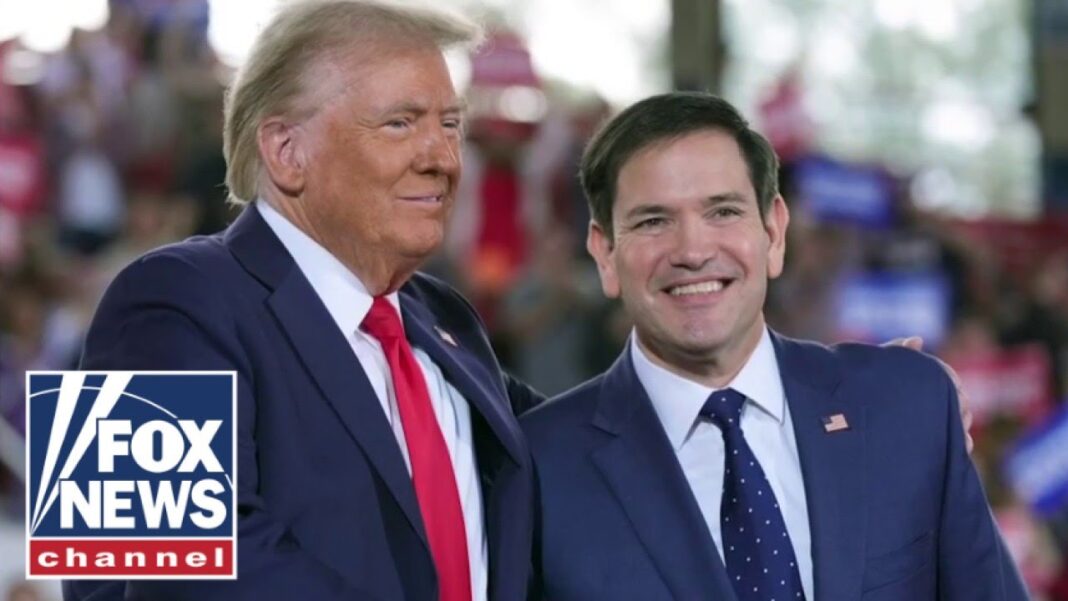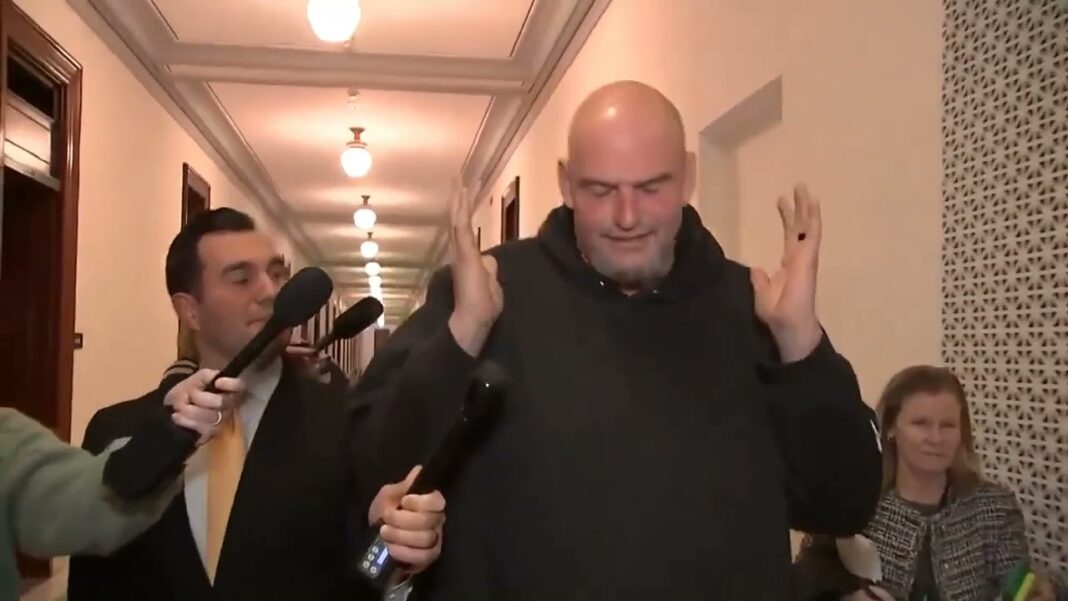The regime did not lift its sanctions against Rubio, but quietly changed the translation of his name, a move said to be an attempt to minimize embarrassment.
The Chinese communist regime has signaled it will communicate with the new U.S. secretary of state despite the regime’s sanctions against the Trump appointee, former Sen. Marco Rubio.
In 2020, the Florida senator, who is a vocal critic of the Chinese Communist Party’s (CCP’s) human rights record, was targeted twice by Beijing’s retaliatory sanctions, after the U.S. Treasury Department imposed human rights sanctions on officials in Xinjiang and Hong Kong.
Following his confirmation on Jan. 20, Rubio is now the first sitting U.S. secretary of state sanctioned by the Chinese regime.
Beijing also sanctioned former U.S. Secretary of State Mike Pompeo on Jan. 21, 2021—one day after Pompeo and the first Trump administration left office.
Speaking from Beijing on Jan. 20, Guo Jiakun, spokesperson for China’s Foreign Ministry, did not answer a question on whether Beijing would drop its sanctions against Rubio.
Instead, he said: “China will firmly defend national interests. In the meantime, it’s necessary for high-level Chinese and American officials to maintain contact in an appropriate way.”
Rubio and Rubio
Meanwhile, in Beijing’s official Chinese-language transcript of its press conference, the regime quietly replaced one Chinese character used for Rubio’s name with a homophone. Chinese netizens responded after, saying that the regime was trying to minimize its embarrassment by making people think there are two different people.
In previous official statements on Rubio’s sanctions, the translation “卢比奥” was used, while the latest transcript referred to him as “鲁比奥.”
Commenting on X, Chen Yonglin, a former Chinese diplomat who defected to Australia, said, “This ‘Rubio鲁比奥’ is not that ‘Rubio卢比奥.’”
Chen suggested the new translation is a way for Chinese leader Xi Jinping to avoid the self-made dilemma.
Rubio’s Record on China
Rubio’s appointment was approved unanimously by the U.S. Senate on Jan. 20.
By Lily Zhou
Read Full Article on TheEpochTimes.com








